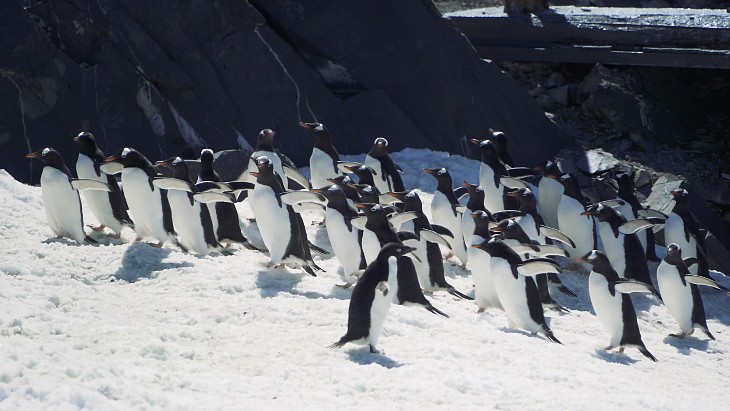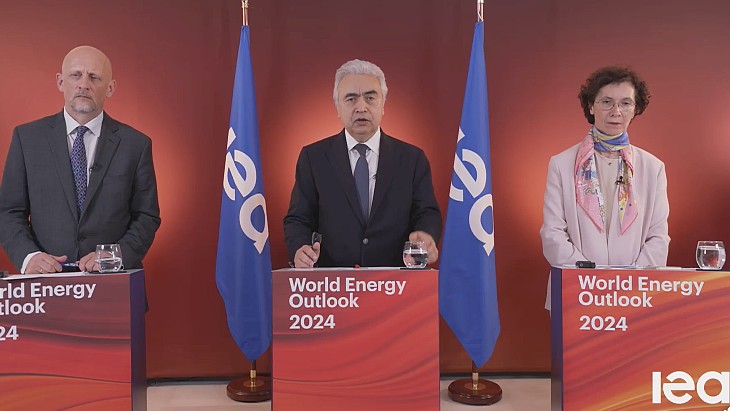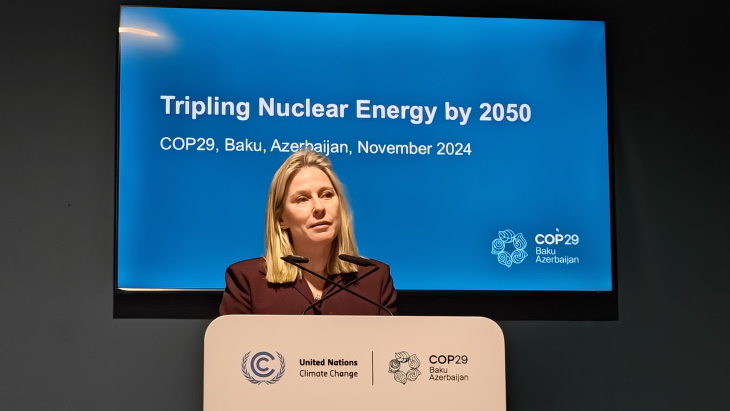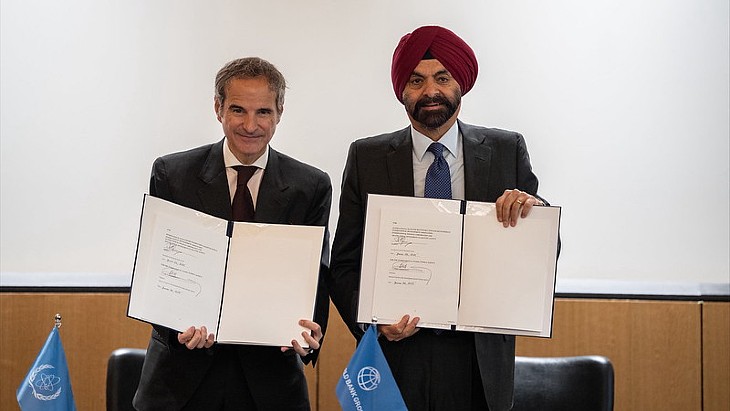Guterres calls for end to 'war against nature' as latest climate talks begin

According to the IPCC, countries would need to limit the global temperature rise to 1.5 degrees Celsius, reach carbon neutrality by 2050 and reduce greenhouse gas emissions by 45% from 2010 levels by 2030 in order to keep climate change within manageable limits.
Guterres said: "Climate-related natural disasters are becoming more frequent, more deadly, more destructive, with growing human and financial costs. Drought in some parts of the world is progressing at alarming rates destroying human habitats and endangering food security. Every year, air pollution, associated to climate change, kills seven million people. Climate change has become a dramatic threat to human health and security." He added "Today, the world is set to produce 120% more fossil fuels than is consistent with a 1.5-degree pathway. And, for coal, the figure is 280%. But the scientific community is also telling us that the roadmap to stay below 1.5 degrees is still within reach."
COP25 will hopefully reach agreement, he said, on the guidelines for the implementation of article 6 of the Paris Agreement, which enables Parties to cooperate in implementing their nationally determined contributions towards emissions reduction. That had not been achieved at COP24 last year in Katowice, Poland, he said.
Countries will be submitting revised national climate action plans at the end of next year, and it is crucial to secure more ambitious national commitments to immediately start reducing greenhouse gas emissions at a pace consistent to reaching carbon neutrality by 2050, he said.

_99697.jpg)







..._58412.jpg)

